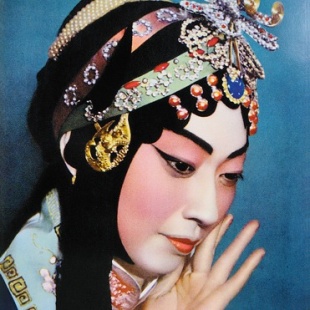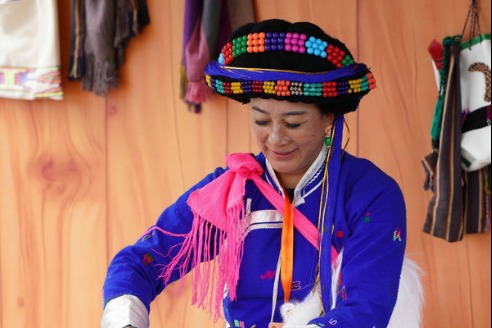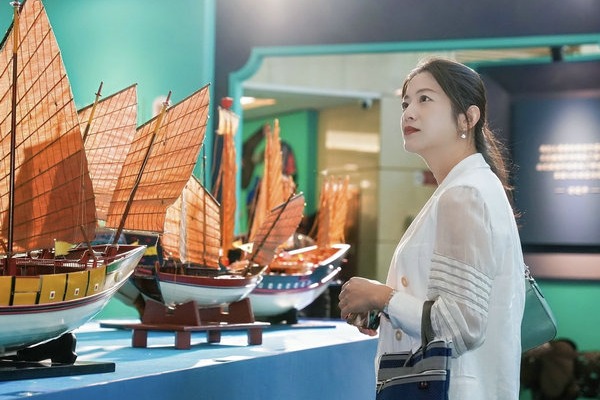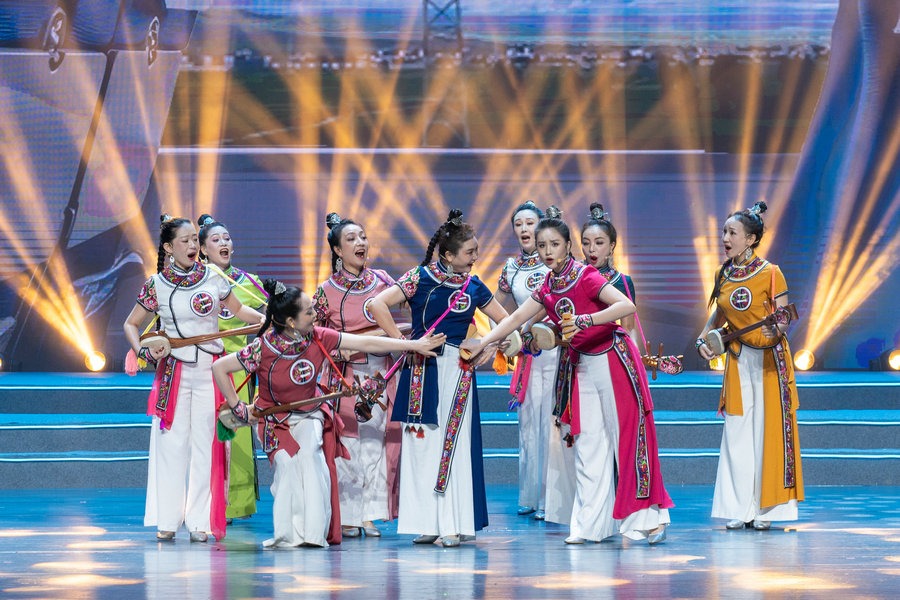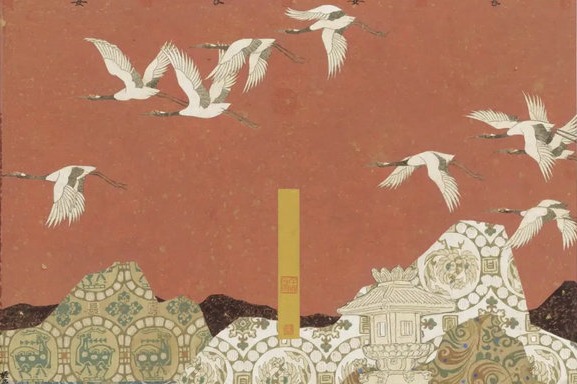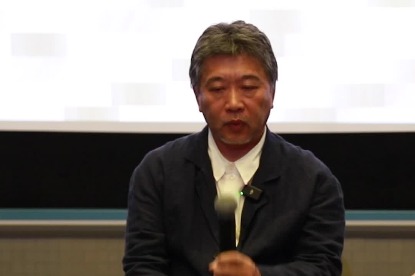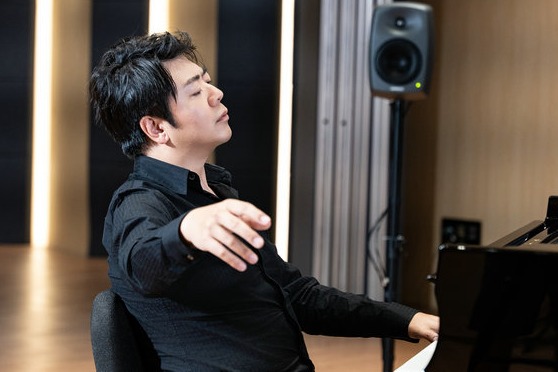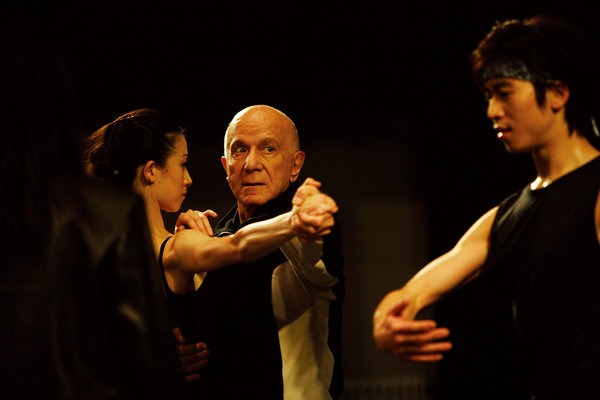Master's house


As the afternoon sun shines over a traditional courtyard residence on Huguosi Street in Beijing, the trees sway gently in the breeze, as if telling the story of the past.
This siheyuan, as such houses are called, used to be a stable of the residence of a Qing Dynasty (1644-1911) prince. It became the home of Peking Opera master Mei Lanfang in 1951. He spent the last decade of his life there. Mei had gone to the house in his youth to perform in a show of the art form.
Now, the residence is the Mei Lanfang Memorial Museum, where people can pay tribute to him. Mei's 127th birth anniversary was on Friday, and a commemorative event was held in the museum on Oct 18.
Well-known for playing the female role (dan)-as few women were allowed to stage Peking Opera, Mei's acting style has become a school of the art form. Mei, Shang Xiaoyun, Cheng Yanqiu and Xun Huisheng are considered the "four greats" in the role.
"While Mei Lanfang is a household name in China, many people only know about him through films and TV series. My research focuses more on the artistic system he adopted, and it is time to pay attention to his sentiments and personality as well," says Liu Zhen, director of the museum.
Mei was born in a family of Peking Opera performers-h(huán)is grandfather was a performer in the Qing era. He lost his parents when he was young and was raised by an uncle. Mei's childhood was spent in poverty.
"When he started to learn Peking Opera, he didn't show much talent," says Liu Qingqing, a staff member at the museum.
"It is said that his first teacher refused to teach him since he could not sing an easy part after learning for several days, and the teacher claimed Mei was not suitable for the art form. Mei acknowledged it, and he once said, 'I was a clumsy learner and all I have achieved is through hard work.'"
Later, Mei was taught by Peking Opera performer Wu Lingxian, who adopted a gentle way of education and patiently guided him. Mei rose to fame by the age of 19 after he performed in Shanghai in 1913.


